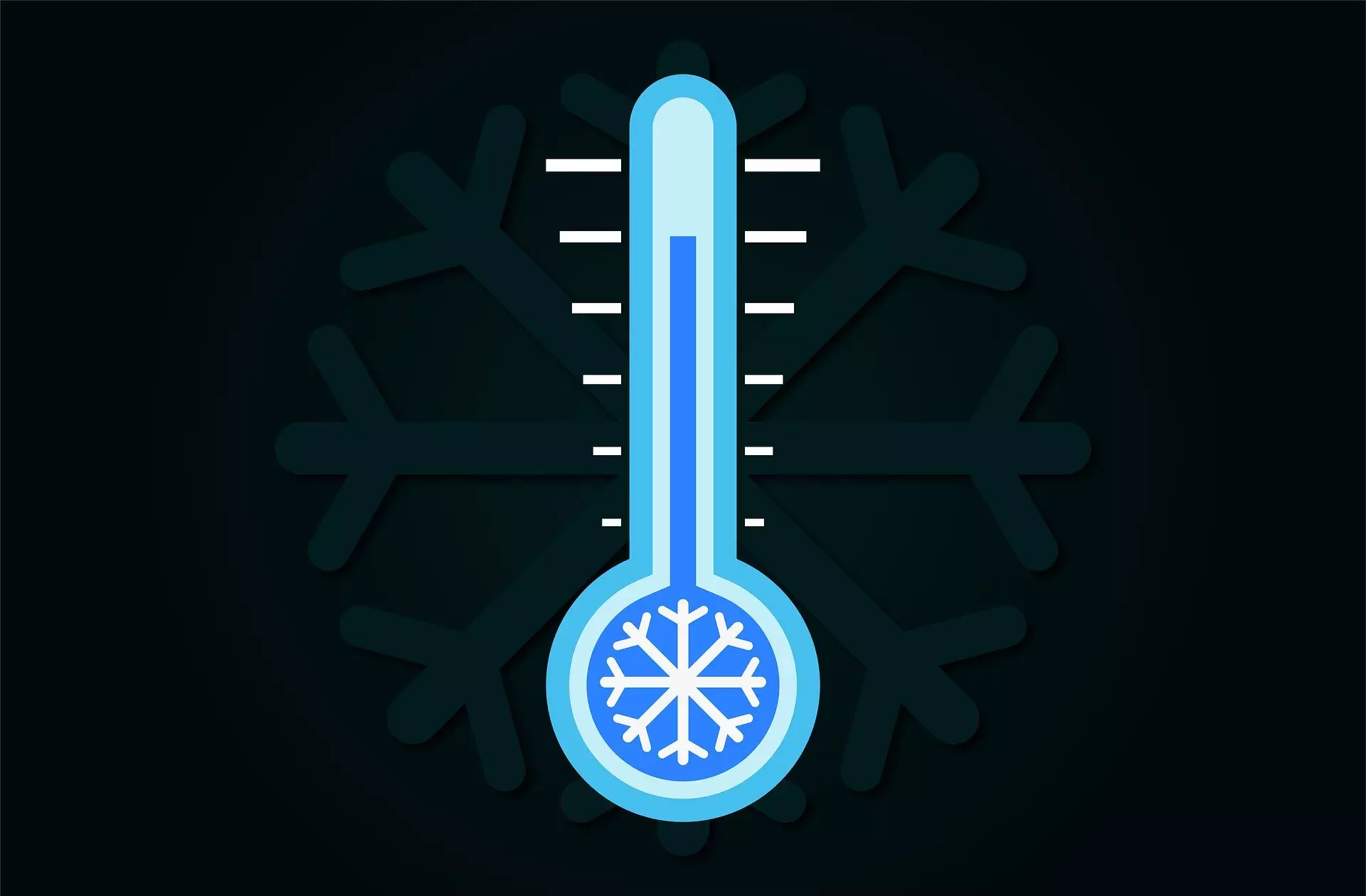One study published in the journal PLOS Climate delves into the connection between childhood home temperature, community connectedness, and how U.S. residents set their thermostats. The research, conducted by Dritjon Gruda and Paul Hanges, highlights the importance of understanding these factors in shaping energy conservation behaviors.
The study surveyed 2,128 participants to explore the link between childhood and current home thermostat settings. Surprisingly, participants’ childhood home temperatures were found to significantly influence their present thermostat settings. This suggests that early experiences play a crucial role in shaping individuals’ comfort preferences.
Moreover, the researchers discovered that individuals with a strong sense of community belonging were more likely to align their thermostat settings with those in their local community. This highlights the social aspect of energy conservation and the need to appeal to community values when implementing conservation initiatives.
The findings suggest that policymakers should consider community-specific approaches to encourage energy conservation. By tailoring campaigns to resonate with the unique identities and values of different communities, policymakers may be able to drive greater adoption of energy-saving practices.
However, the study also recognizes that community connectedness may not always lead to energy savings, particularly in affluent neighborhoods. To gain a more comprehensive understanding of the factors influencing thermostat settings, the researchers advocate for longitudinal studies that delve deeper into household income and other contributing variables.
The study sheds light on the multifaceted nature of home thermostat settings in the U.S. By considering childhood home temperature and community connectedness, researchers are better equipped to understand and influence individuals’ energy conservation behaviors. This research opens up new avenues for policymakers and community advocates to promote sustainable practices and combat climate change effectively.


Leave a Reply